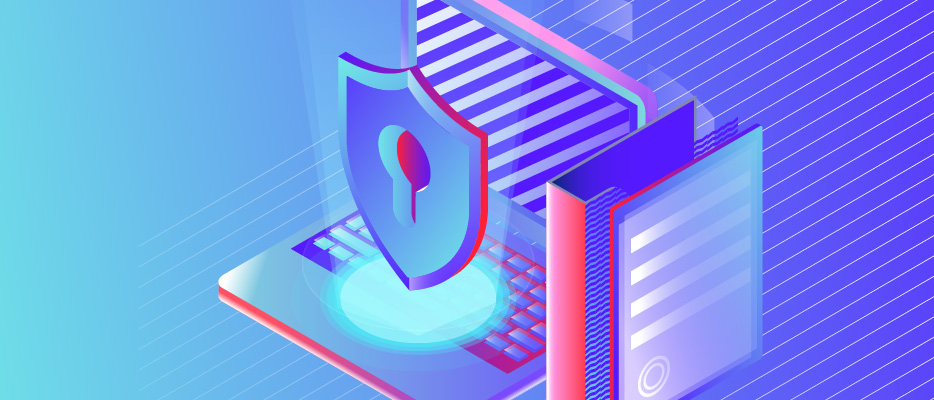Taking notes and documenting information in various formats – meeting minutes, class lectures, work projects, and personal musings. While digital note-taking offers unparalleled convenience, it also raises concerns about data privacy and security. Whether you’re a student, professional, or someone who values discretion, password-protecting your notes are a critical safeguard against access, data breaches, and potential misuse of sensitive information.
Unsecured notes
Before delving into password protection strategies, it’s essential to understand the potential consequences of leaving your notes unprotected.
- Identity theft– Your notes may contain personal details, such as phone numbers, addresses, or financial information, which could be cybercriminals for identity theft or fraud.
- Corporate espionage- For professionals working on confidential projects or possessing trade secrets, unsecured notes could lead to corporate espionage, jeopardizing your company’s competitive edge and intellectual property.
- Academic integrity violations– For students, unprotected notes could facilitate cheating or plagiarism, compromising academic integrity and potentially leading to disciplinary actions.
Password protection strategies
There are several effective methods for password-protecting your notes, each with its advantages and considerations.
- Note-taking applications with built-in password protection
Note-taking applications, such as Microsoft OneNote, Evernote, and Google Keep, offer built-in password protection features. Are safenotes taxable? These applications allow you to create password-protected sections or notebooks, sensitive notes remain secure even if your device is lost or compromised.
Advantages:
- Convenience– Password protection is seamlessly integrated into the note-taking experience.
- Cross-Platform Compatibility– Most applications offer syncing across multiple devices, allowing you to access your secured notes from anywhere.
- Additional security features- Some applications provide extra layers of security, such as biometric authentication or two-factor authentication.
Considerations:
- Subscription fees– Some applications may require a paid subscription to access advanced security features.
- Potential data breaches- While rare, note-taking applications could be targeted by hackers, compromising the security of your notes.
- Document encryption software
Dedicated document encryption software, such as AxCrypt, VeraCrypt, or 7-Zip, enables you to password-protect individual note files or entire folders containing your notes. These tools use strong encryption algorithms to data remains unreadable without the correct password.
Advantages:
- Platform Independence: Document encryption software typically works across various operating systems and file formats.
- High-Level Encryption: Many of these tools offer advanced encryption standards, such as AES-256, providing robust protection against brute-force attacks.
- Portable Security: Encrypted note files be securely shared or transferred without compromising their confidentiality.
Considerations:
- Learning curve– Using encryption software may require some technical knowledge and familiarity with the tools.
- Compatibility issues– Certain file formats or applications may not support encrypted files, limiting cross-platform accessibility.
- Cloud storage with password protection
Popular cloud storage services like Dropbox, Google Drive, and Microsoft OneDrive offer password protection options for individual files or folders. This approach allows you to store your sensitive notes securely in the cloud while controlling access with passwords.
Advantages:
- Accessibility: Cloud storage services enable you to access your password-protected notes from multiple devices and locations.
- Backup and Sync: Regular backups and syncing ensure that your notes are always up-to-date and protected against data loss.
- Collaboration: Some cloud services you to share password-protected notes with specific individuals, facilitating secure collaboration.
Considerations:
- Privacy concerns- Storing sensitive data on third-party servers privacy concerns for some users.
- Potential service outages– Reliance on cloud services service disruptions could temporarily limit access to your notes.

